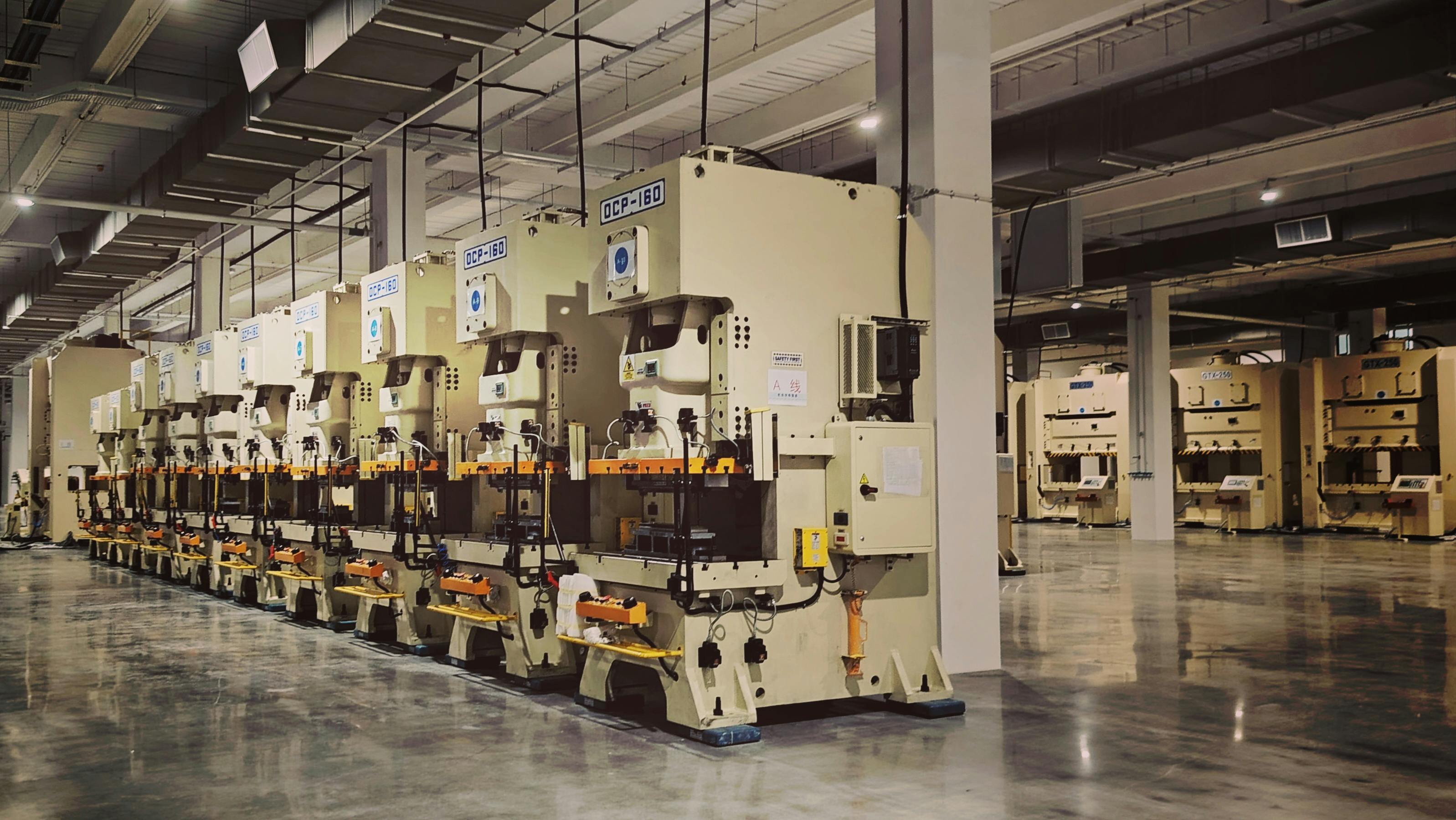The Challenge
Breakdowns, long changeovers, and repeat stoppages eat into productive hours. Maintenance teams are often stuck in firefighting mode, addressing the same problems again and again. This unpredictability lowers equipment availability and makes it difficult to meet delivery schedules.
The Solution with SIA
SIA uses statistical analysis and machine learning to detect patterns in downtime events. By combining information from maintenance records, production logs, and operator inputs, it highlights recurring failure modes, parts or processes that drive stoppages, and correlations that explain why downtime occurs.
Instead of only tracking downtime minutes, SIA provides plain-language insights that help teams prioritize preventive actions and reduce unplanned stoppages. You can start with exported Excel files, CSV data, or scanned logs, without needing a system integration.
Impact You Can Measure
- Fewer unplanned stoppages and faster recovery
- Identification of recurring root causes of breakdowns
- Better alignment of maintenance resources with actual needs
- Higher equipment availability and reliability
Real-World Example
In process industries such as chemicals or food manufacturing, unexpected stoppages often occur when certain machines run beyond maintenance intervals or when shift-specific practices differ. By reviewing historical downtime logs and repair histories, manufacturers have been able to identify high-risk components and adjust maintenance schedules. This reduces repeat breakdowns and keeps production lines running more consistently.
FAQs
Yes. SIA can work with exported files such as Excel, CSV, or PDF maintenance reports. Live system integration is optional, not a requirement.
Maintenance logs, failure records, operator notes, production schedules, and job history are all valuable. Even partial data can highlight recurring issues.
Standard systems record when downtime happens. SIA explains why it happens and suggests preventive actions using statistical and machine learning models.
No. SIA does not require edge devices or IoT gateways to begin. Many manufacturers start by uploading simple exports such as shift logs or breakdown records. If an edge device or gateway is already in place, its data can also be exported and analyzed without requiring complex integration.
